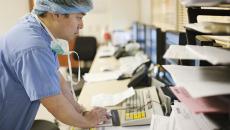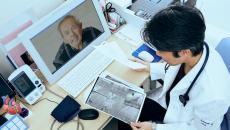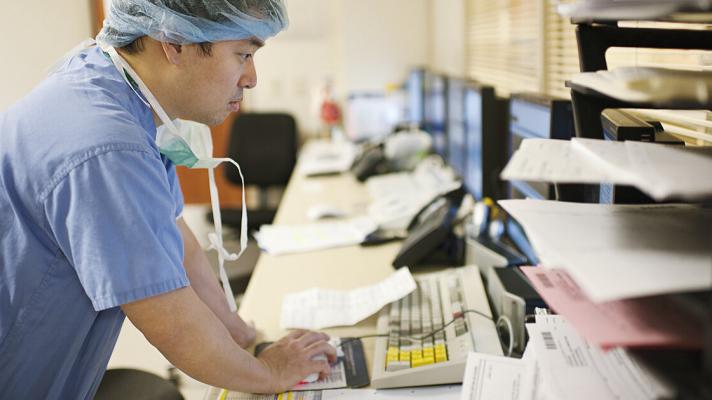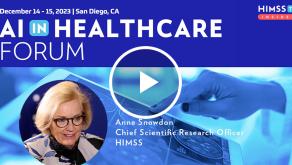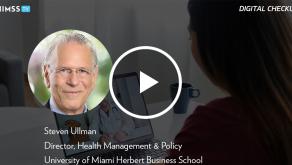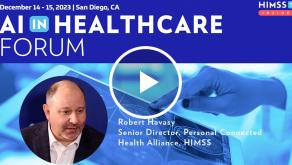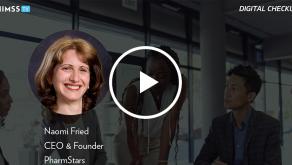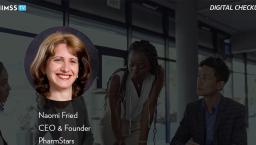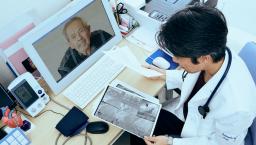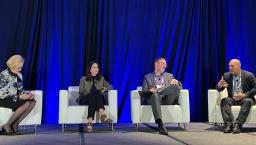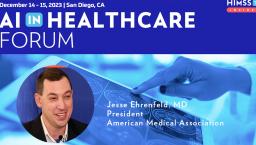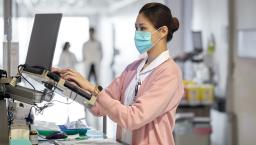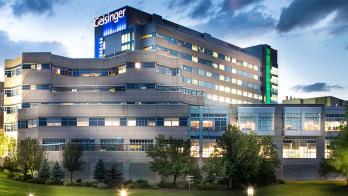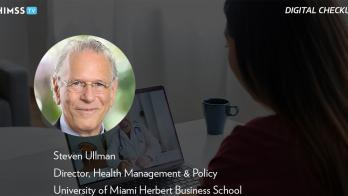Starting your own human digital twin project

Dr Mohamed Rehman, Professor of Anesthesiology, Johns Hopkins School Of Medicine
Hospitals and health facilities are increasingly finding the value of digital twin technology in providing more personalised care.
But where should one start?
"You can start off very simple," Dr Mohamed Rehman, professor of Anesthesiology at Johns Hopkins School Of Medicine, said in response to a question during his keynote session, "Human Digital Twin: Improving health of our patients and employees."
"Say you have a group of nurses, you can just monitor heart rate, and then steps. And then create individualised twins and group twins. You don't need to do more. [Then later,] you can scale up."
In his presentation, Dr Rehman shared their digital twin research that monitored the after-surgery conditions of patients and the mental well-being of the health workforce. Their goal is to make two paradigm shifts using real-time data analytics: moving from herd medicine to precision medicine and moving from treatment to prevention.
"If we develop an individualised [digital twin] model for each patient, we can intervene as soon as we detect the patient going into that [disease trajectory]," he said, emphasising the benefits of digital twins.
Indeed, the digital twin can be applied to monitor various conditions. "We could do this for sickle cell, we could do this for seizure, we could do this for diabetes."
"But we have to develop better algorithms," he stressed.
Unlike the past decade, health systems deal with a lot of data today. "Data by itself is useless. If you take the data, clean it, make it information, knowledge, and algorithms – that's where the power of data is. Algorithms [are] what's going to make our data powerful," Dr Rehman said.
Nevertheless, he also said, organisations looking to start their digital twin projects "don't need sophisticated algorithms." "Those are going to come," he assured. "[Digital twins] are capable of reinforced learning so it gets better and better over time."
Dr Rehman further advised: "You don't have to have a digital twin with a terabyte of data. You can scale it up slowly."

